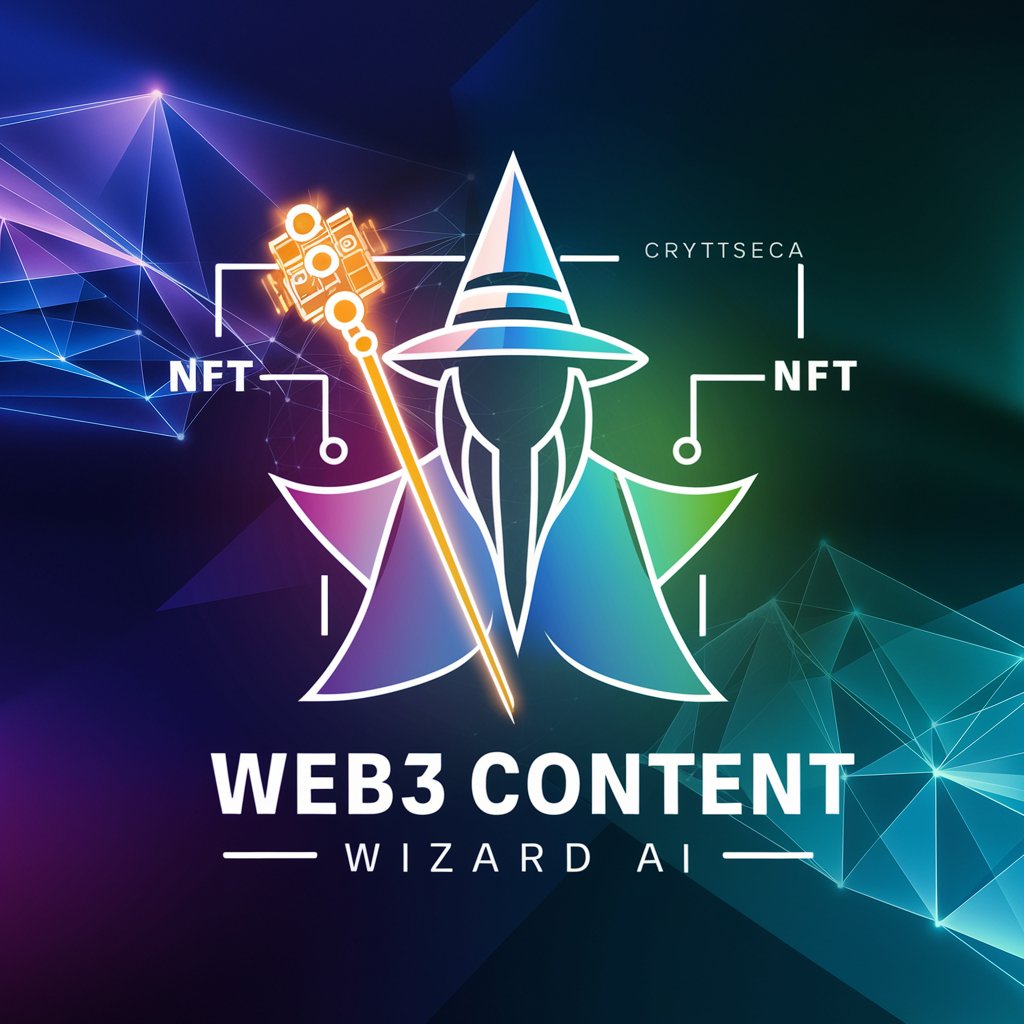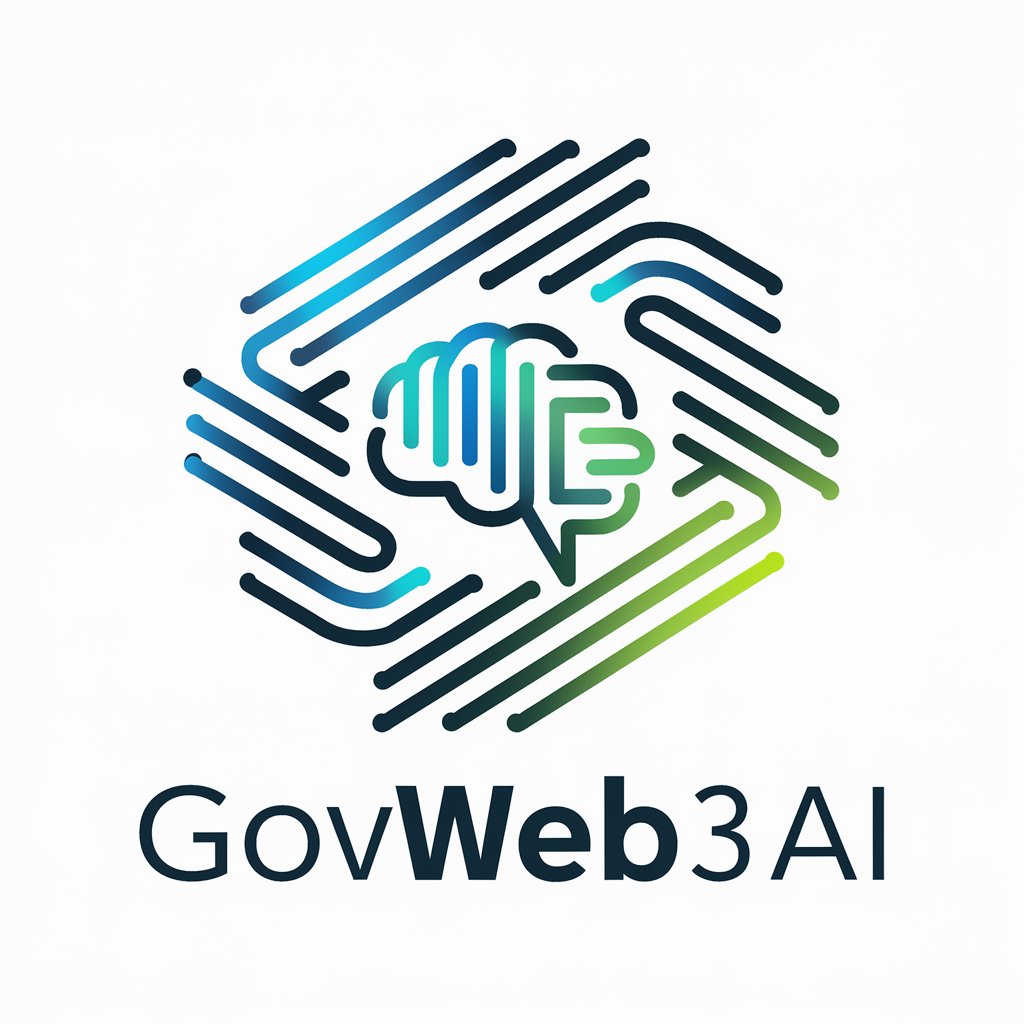
Web3 Search Engine - Blockchain-Specific Search Tool
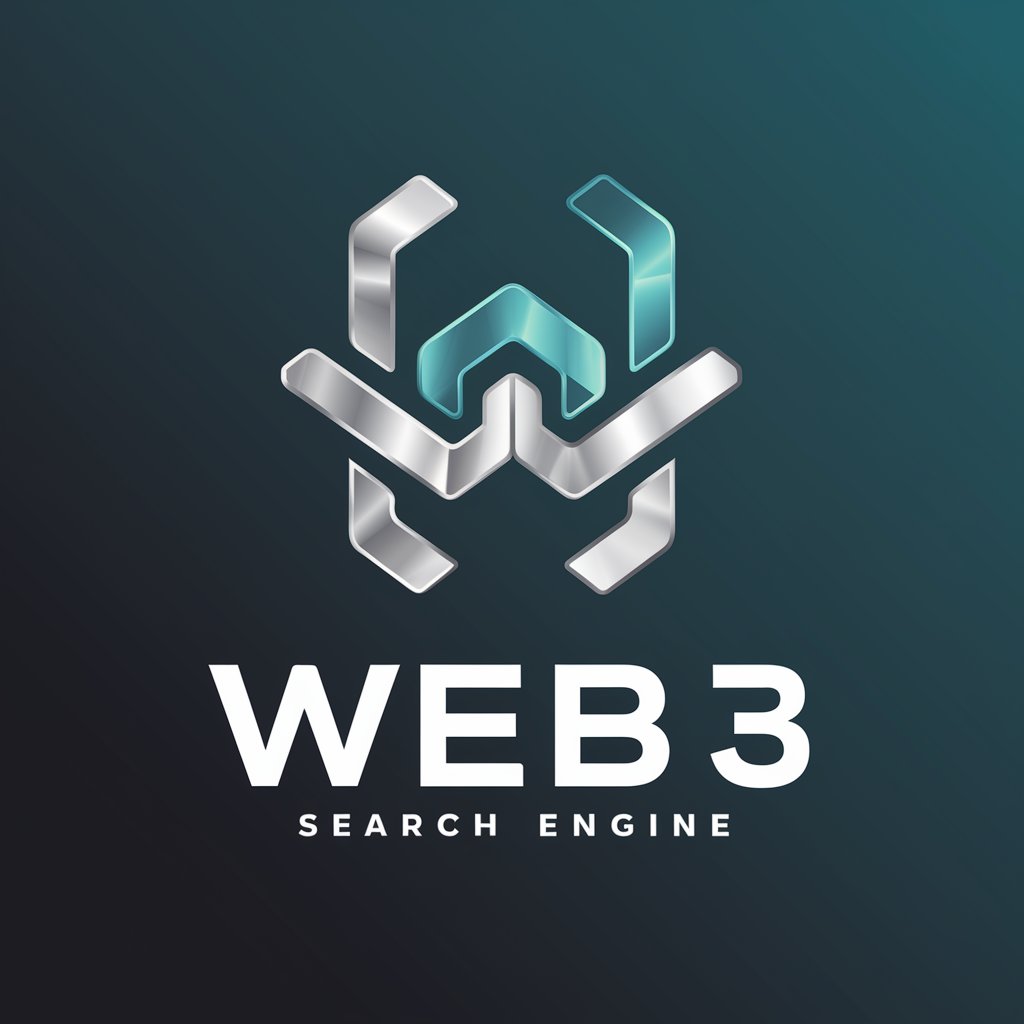
Welcome to Web3 Search Engine, your gateway to the decentralized web.
Deciphering Web3 with AI-Powered Precision
Explain the basics of Web3 and its key components.
How does blockchain technology enhance the functionality of Web3?
Describe the potential impacts of Web3 on traditional internet usage.
What are the primary challenges and opportunities in the adoption of Web3?
Get Embed Code
Overview of Web3 Search Engine
The Web3 Search Engine is designed to cater to the evolving needs of the digital landscape, particularly within the decentralized web, commonly referred to as Web3. This search engine is specialized in navigating, indexing, and retrieving data from decentralized networks and applications that run on blockchain technology. Unlike traditional search engines that primarily index data from centralized servers, Web3 Search Engine focuses on decentralized content such as smart contracts, decentralized applications (DApps), and blockchain-related transactions. An example of its functionality is its ability to provide users with real-time data on blockchain transactions and DApp interactions, which is critical for investors and developers who require up-to-date information from various blockchains. Powered by ChatGPT-4o。

Key Functions of Web3 Search Engine
Real-Time Blockchain Monitoring
Example
Monitoring Ethereum transactions for a specific smart contract.
Scenario
A developer needs to track interactions with their deployed smart contract to monitor its usage and performance. The search engine provides real-time updates and analytics on transaction volumes, gas fees, and method calls directly associated with the contract.
Decentralized Content Discovery
Example
Finding the most interacted-with content on decentralized social media platforms.
Scenario
A marketer aims to understand trending topics on decentralized social platforms to tailor their campaigns effectively. The search engine indexes and ranks content based on user interactions and engagements, offering insights into popular trends within the Web3 ecosystem.
Token Analytics
Example
Analyzing the market trends of a newly launched token.
Scenario
An investor is considering buying a new cryptocurrency token but wants to assess its performance and acceptance in the market. The search engine aggregates data from multiple decentralized exchanges and provides a detailed analysis of the token’s trading volume, price history, and liquidity.
Target User Groups of Web3 Search Engine
Blockchain Developers
Developers building on blockchain technology benefit from the search engine's ability to provide detailed insights into contract interactions, transaction successes, and potential security threats. This information is crucial for optimizing smart contract code and enhancing user interaction with their DApps.
Crypto Investors and Analysts
Investors and financial analysts focusing on cryptocurrency markets use the search engine to track market trends, analyze token performances, and make informed investment decisions based on real-time data sourced directly from blockchains.
Decentralized Application Users
Users of DApps, such as decentralized finance (DeFi) platforms, rely on the search engine to navigate the vast and sometimes opaque landscape of decentralized applications. This enables them to find reliable DApps, understand usage patterns, and stay informed about new developments in the space.

How to Use the Web3 Search Engine
Begin Trial
Visit yeschat.ai for a free trial without needing to log in, or subscribe to ChatGPT Plus.
Choose Your Search Type
Select the type of search you want to conduct (e.g., blockchain transactions, smart contracts, decentralized websites) based on your needs.
Input Your Query
Enter specific keywords or questions in the search bar. Utilize filters to refine results based on date, relevance, or blockchain type.
Review Results
Analyze the search outcomes displayed. The engine provides links, code snippets, transaction IDs, or smart contract details as results.
Deepen Your Research
Use additional features like advanced analytics or cross-referencing tools to expand upon the data gathered from your initial search.
Try other advanced and practical GPTs
Talk To Me In Korean
Speak Korean naturally with AI

Sales Email Personalisation
Empathetic, AI-driven Email Engagement

Tsundere GPT
Chat with a twist: AI-powered tsundere interactions.

AMZ Seller Assistant
Optimize Your Amazon Success with AI

Almond (Concise GPT with in-depth mode)
Unlock deep insights with AI-powered Almond

Profit for Good Helper
Empower Charity with Every Purchase

GPT Search Engine 🔎
Discover Your Perfect GPT, AI-Powered
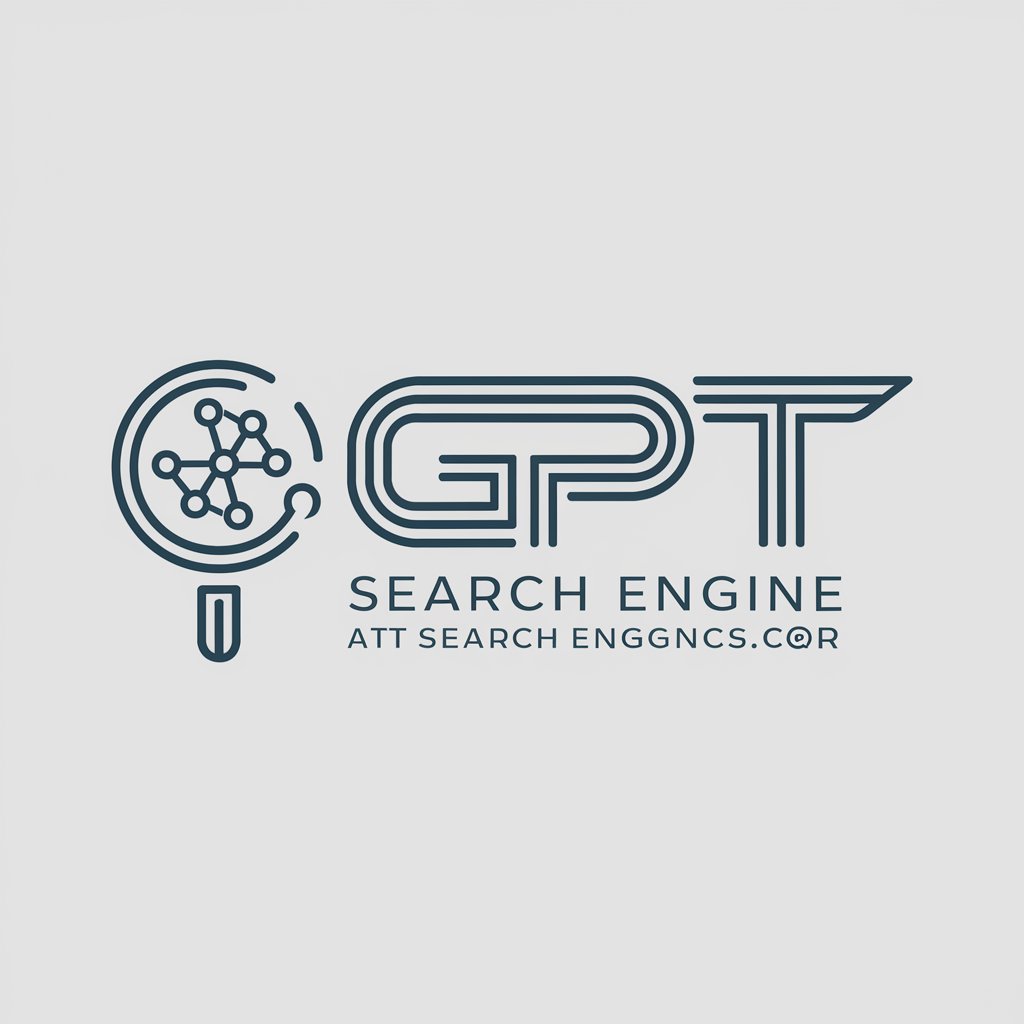
Rasakinov from Crime And Punishment
Philosophy Meets AI Technology

Jubilant Landlord Battle
Master strategy with AI-powered gameplay

Steffen's Magical World of Mayhem
Craft Enchanting Narratives with AI

Philippine Law Guide
Demystifying Philippine Law with AI

NEUROPOLIS
Navigate dystopia with AI-driven storytelling
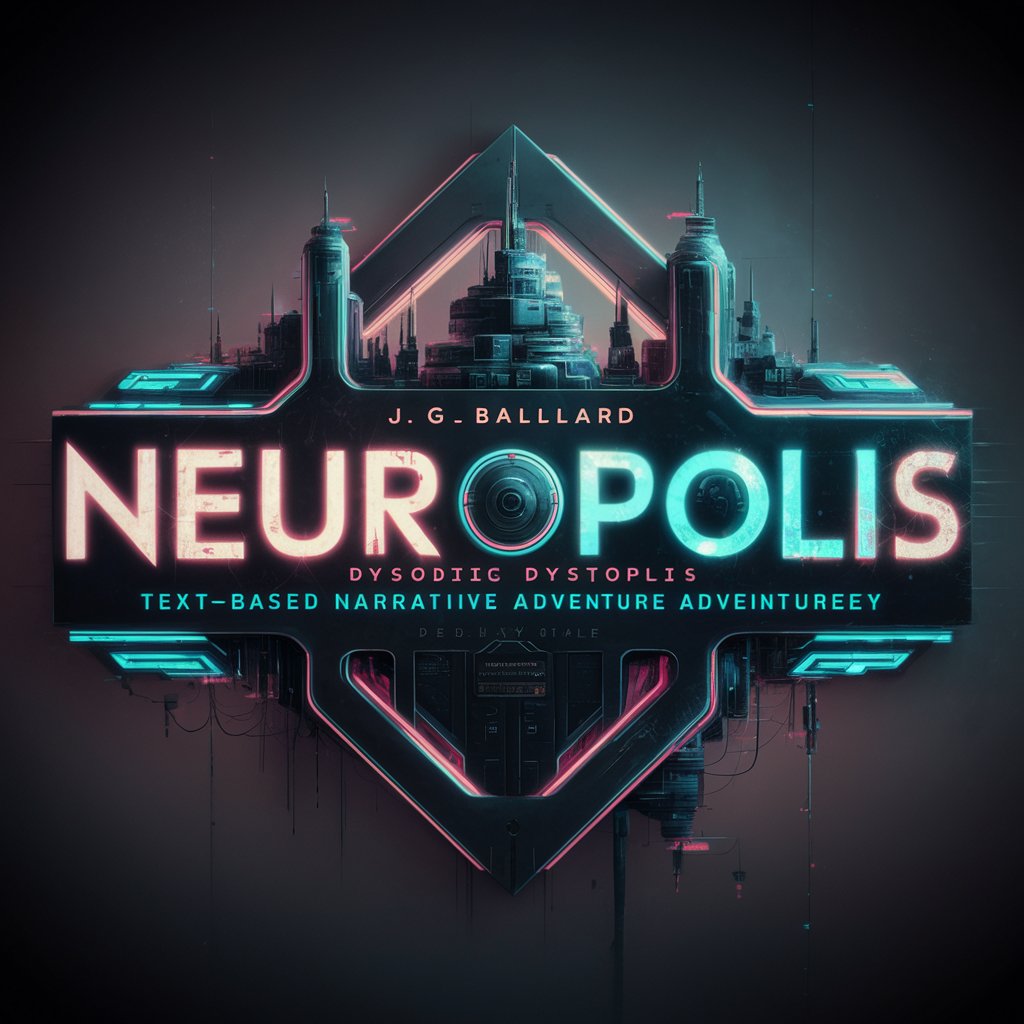
Frequently Asked Questions about Web3 Search Engine
What is the Web3 Search Engine primarily used for?
The Web3 Search Engine is primarily used for exploring and retrieving information across various blockchain platforms. This includes searching for transaction histories, smart contract details, and decentralized web content.
Can I search for information on any blockchain?
Yes, the Web3 Search Engine supports multiple blockchains. You can search for information on Ethereum, Bitcoin, Solana, and more by selecting the appropriate option or using specific filters.
What makes this search engine different from traditional search engines?
Unlike traditional search engines, the Web3 Search Engine is designed to navigate decentralized networks and understand blockchain-specific data, providing insights into transactions, contracts, and blockchain-coded content.
Are there any tools for analyzing the search results?
Yes, the engine offers tools for deep analysis, such as transaction flow graphs, contract execution outcomes, and temporal data tracking, which are invaluable for developers and researchers.
How current is the information provided by the Web3 Search Engine?
The information is highly current, often providing real-time data thanks to the direct connection with blockchain nodes. This feature is particularly useful for tracking transactions and smart contract interactions as they happen.

